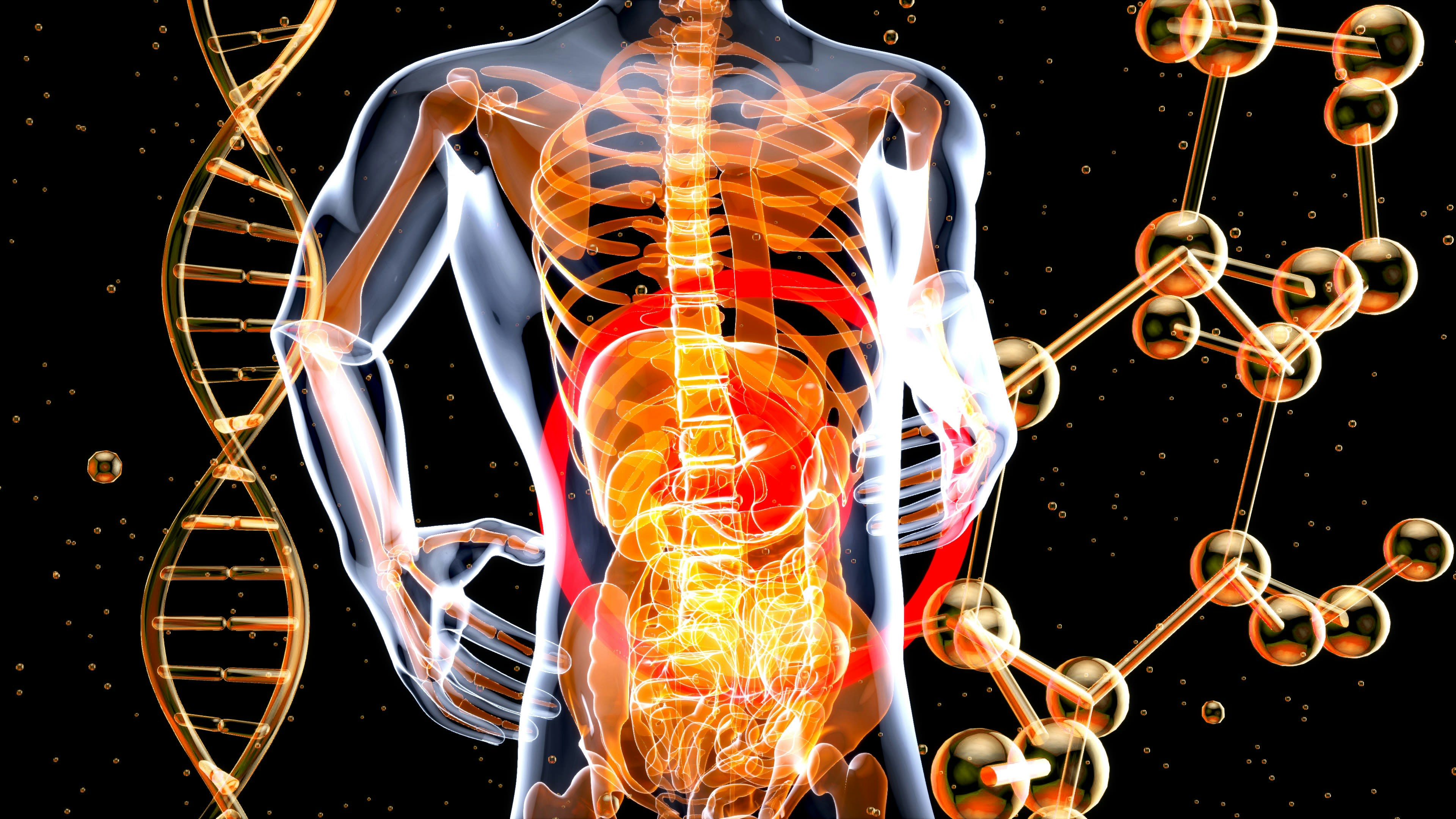Breaking the code on gut health
Biotechnology professor awarded ERC funding to develop bioelectronic devices that ‘listen in’ on the gut

Researchers in the department are creating bioelectronic tools to study gut–brain communication, aiming to transform care for millions.
The five-year project, CODEBREAKER, has received a prestigious European Research Council (ERC) Advanced Grant to develop soft, tissue-like devices that can record gut activity in real time. Led by Professor Róisín Owens, the work targets digestive disorders affecting more than 100 million people across Europe – including irritable bowel syndrome (IBS), inflammatory bowel disease, and neurological conditions such as Parkinson’s disease, which often show early gut symptoms.
“Digestive disorders are incredibly common, but still poorly understood,” said Professor Owens. “Our devices adapt to complex gut tissue, enabling us to study it more realistically, with the ultimate goal of improving diagnosis and treatment.”
Current understanding of the gut-brain axis is limited by a lack of functional measurements for key gut parameters like permeability, gut motility and the enteric nervous system.
Credit: Martin Bond
Credit: Martin Bond
CODEBREAKER aims to overcome these challenges by developing ultra-sensitive bioelectronic interfaces made from conducting polymers that mimic human tissue. These materials allow the devices to conform to gut surfaces, picking up subtle electrical signals with greater accuracy and less noise than existing technologies.
The team has already developed early-stage devices that can interface with complex gut tissue in the lab. The next step is to adapt and refine them for use in more complex environments, testing across environments.
The devices will be tested across three research models. In vitro (in lab-grown gut tissue engineered to mimic real conditions), ex vivo (in tissue samples taken from animals or humans, to observe activity outside the body), and in vivo (inside live animals, to study how gut signals affect brain function in real time).
By working across these environments, the team hopes to build a more complete picture of how the gut functions – and what happens when things go wrong. The findings could help explain how stress, diet and neurological conditions affect gut health, and guide future development of more targeted treatments.
Professor Owens brings a unique blend of biology and engineering expertise to the project, having worked extensively with organic electronic devices and gut biology. Her philosophy is to adapt technology to the biology, not the other way around – a principle reflected in CODEBREAKER’s innovative device design.
She added: “I’ve been working at the intersection of biology and engineering for a long time, and that puts me in a good position to take this on – I’ve built up a strong network of collaborators across different fields. But what really makes this project possible is being able to connect the dots, to listen to what clinicians and microbiome experts need, and translate that into something we can measure. That’s where I think I can really make a difference.”
An ERC Advanced Grant is one of the most prestigious awards available to researchers in Europe. It provides long-term funding – up to €2.5 million over five years – to support ambitious, high-risk projects with the potential to make significant breakthroughs in their field. The grant recognises established researchers with a strong track record of significant research achievements over the past decade.

